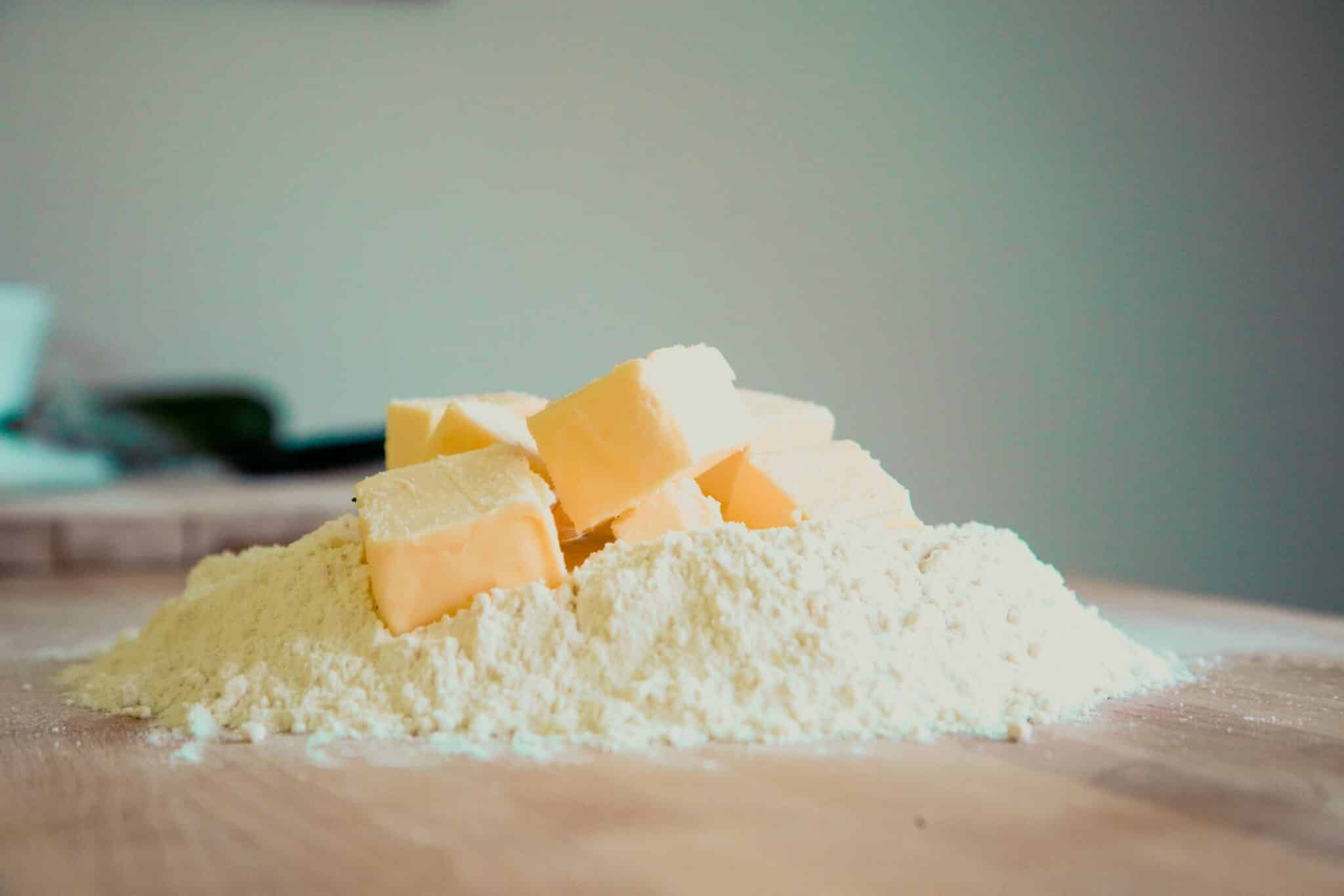Whether you’re baking a crispy pecan pie, grilling a juicy cheeseburger, or searing a filet mignon over the stovetop, you’ve needed unsalted butter at some point. It’s practically a staple ingredient in a wide range of dishes, and it’s featured in boiled, fried, baked, and roasted recipes. So, imagine how you feel when you’re in the middle of a recipe and realize you’ve run out of it. Indeed, you’ll fear for the worst, as you’ve grown to believe unsalted butter is irreplaceable.
Well, this feeling is far from true, as you can find handy substitutes to use if you ever exhaust your unsalted butter supply. Among these alternatives are healthy options that suit your special dietary needs. You’ll also learn how to measure these replacements, regardless of whether the recipe is vegan or not. And you’ll also discover if you can use salted butter in its stead.
Unsalted vs. Salted butter
Both salted and unsalted butter are the same thing, but with one main difference; one contains salt while the other doesn’t. This difference, though, doesn’t stop some people from interchanging them. When people use salted butter instead of unsalted, they tend to adjust the amount of salt in the original recipe. This trick works since the salt difference in the recipe, and that of the butter almost balances out.
But the salt content in salted butter varies with each brand. So, maintaining consistency in taste may prove difficult with each different brand of salted butter used. This situation is critical, especially for those who wish to create a recipe that’ll produce reliable results at each trial. Most bakers and chefs prefer unsalted butter, as it allows them to adjust the salt content in the recipe accurately.
Unsalted butter comes in regular and vegan varieties, and some even have flavors. Most times, though, it’s best to use the standard, flavorless unsalted butter for your recipe. This suggestion applies especially to foods that can’t accommodate the proposed taste profile of their flavored counterparts.
Unsalted butter in recipes
Butter is famous in the culinary world for a variety of reasons. It adds thickness and flakiness to certain dishes, giving them weight and presence. It’s also a great source of creaminess and moisture for foods of different kinds. Butter also adds a good dose of fat to recipes which further increases the calorific content. And foods prepared with unsalted butter come out with a delicious taste. Unsalted butter is a common addition to recipes and dishes of various types, including;
- Cakes
- Croissant
- Steak
- Burgers
- Muffins
- Butter garlic rice
- Shortbread
- Egg bake
- Banana bread
- Chicken pasta
- Biscuits
- Butter bread
- Egg rolls
- Scones
- Cookies
- Pixies
- Roast chicken
- Cupcakes
- Pot roast
- Steamed vegetables
- Pies
Unsalted butter substitutes
Many users favor unsalted butter for many reasons, ranging from recipe flexibility to the need to reduce sodium in your diet. But sometimes, you may not have any unsalted butter left and can’t keep the recipe waiting. In such situations, you can trust any of these alternatives to give you the same desired results;
Vegetable shortening
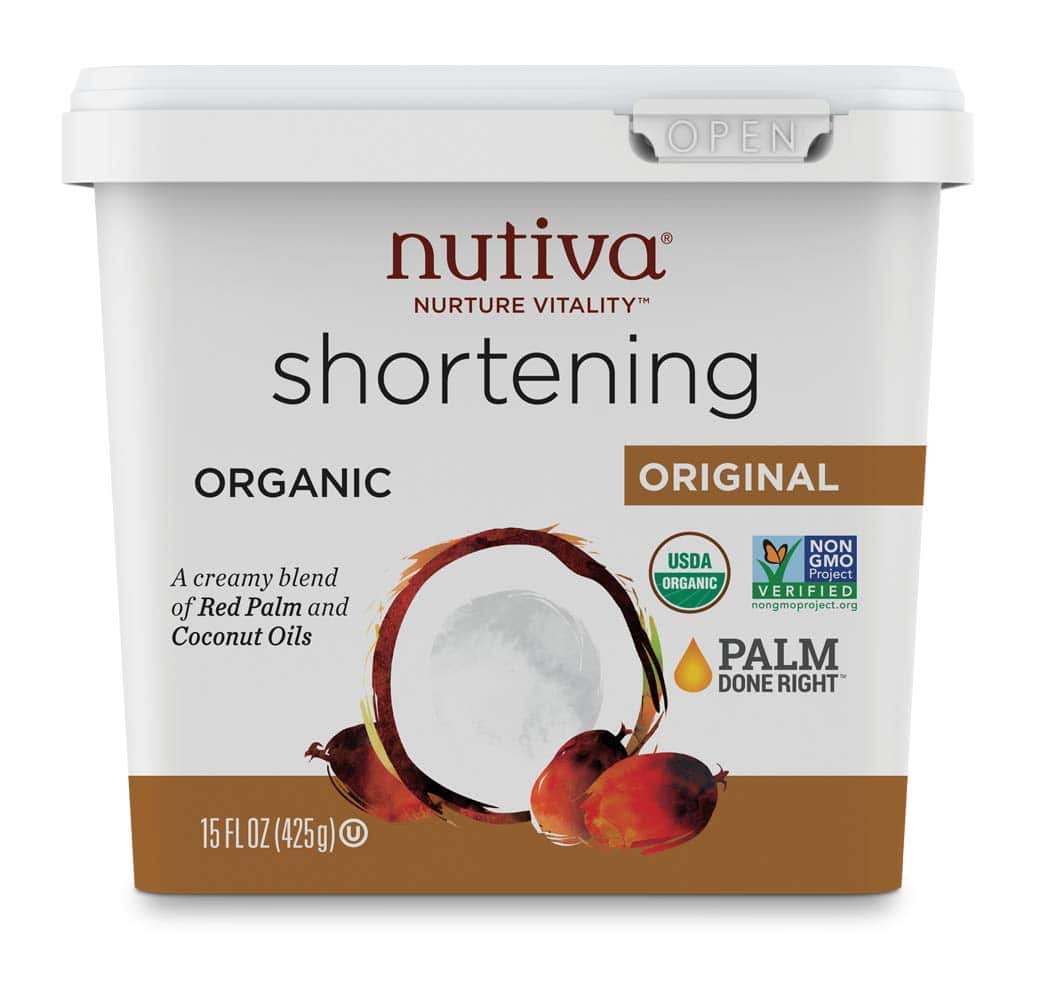
Vegetable shortening is purely made from fat and contains no water or gluten. It works perfectly as a substitute for butter in baked goods and will even give the baked goods more tenderness and volume. Vegetable shortening is also flavorless, so you get to decide how your recipe tastes by adjusting the other ingredient. It’s perfect for desserts and also works for both dairy-free and vegan recipes as well. You can substitute vegetable shortening for unsalted butter at equal ratios. But bear in mind that it’s not an ideal replacement for butter in flaky pie crust recipes.
Unsweetened applesauce
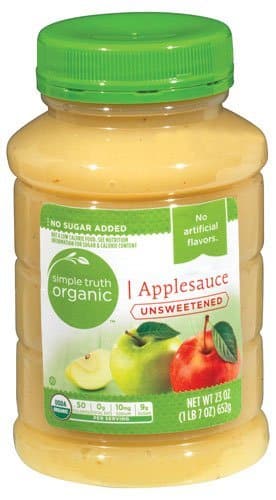
If omitting unsalted butter from the recipe was for the sake of reducing fat, then this is your best option. Unsweetened applesauce has always been a favorite among bakers who strive to prepare healthy foods. It’s zero-fat, zero-cholesterol, and low in sugar and calories. Still, it adds an impressive dose of moisture and tenderness to baked goods. Unsweetened applesauce is your best bet compared to its sweetened counterpart because its sweetness level is just perfect. It works in tons of recipes ranging from banana bread to muffins and cakes. Plus, you don’t need much of it; only use half of what the recipe calls for butter.
Lard
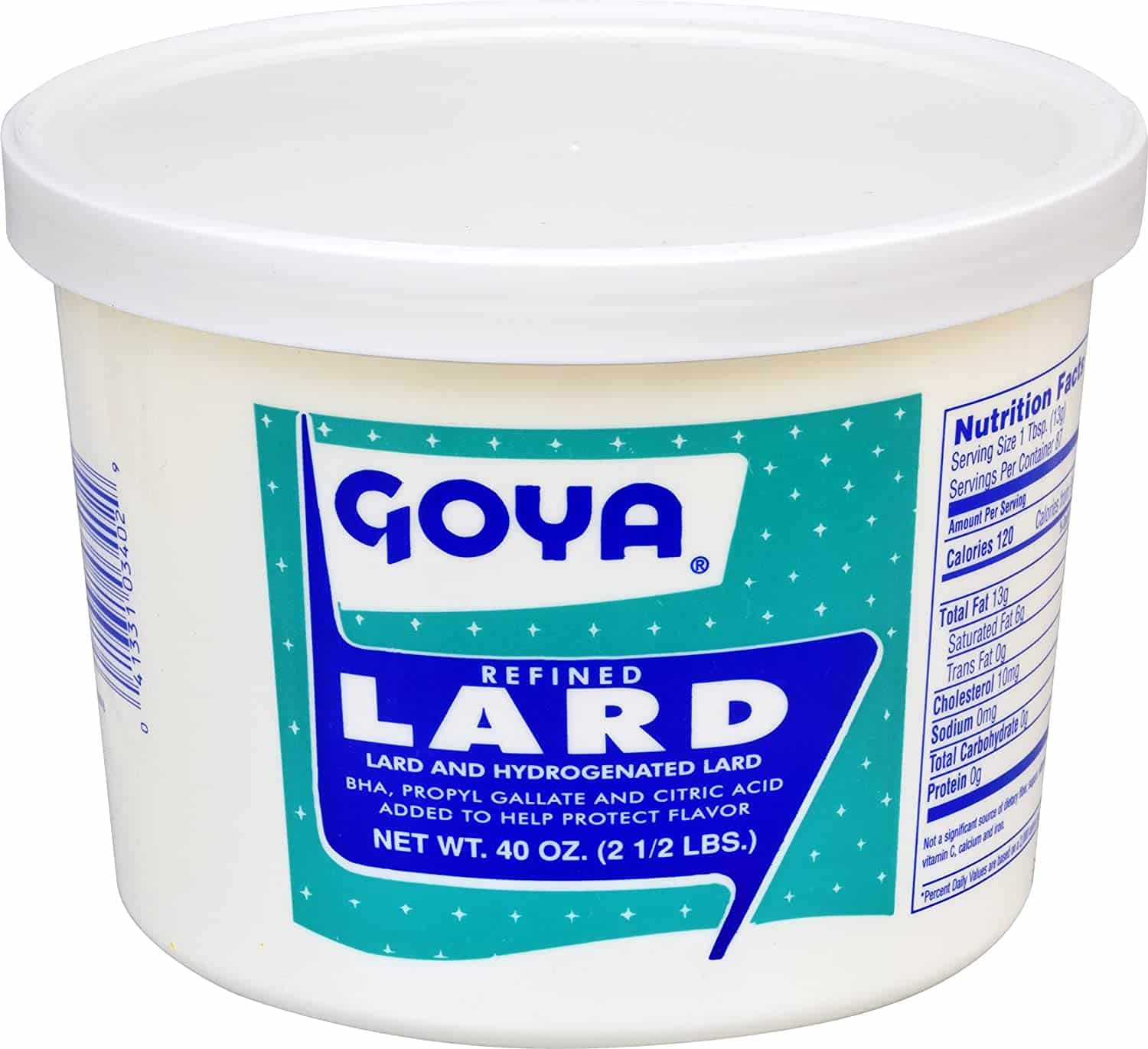
This option is perfect for baked and cooked recipes that aren’t shy about the extra addition of fat. Lard is an animal product- it’s gotten from pork fat- so it’s not ideal for vegan diets. But for those that can eat it, lard will add flakiness and tenderness to baked goods. It also melts well into soups and stews and contributes a creamy taste to other cooked recipes. To replace unsalted butter, use 7/8 cup of it for every cup of unsalted butter. This measurement is because lard is higher in fat compared to unsalted butter.
Mashed tofu
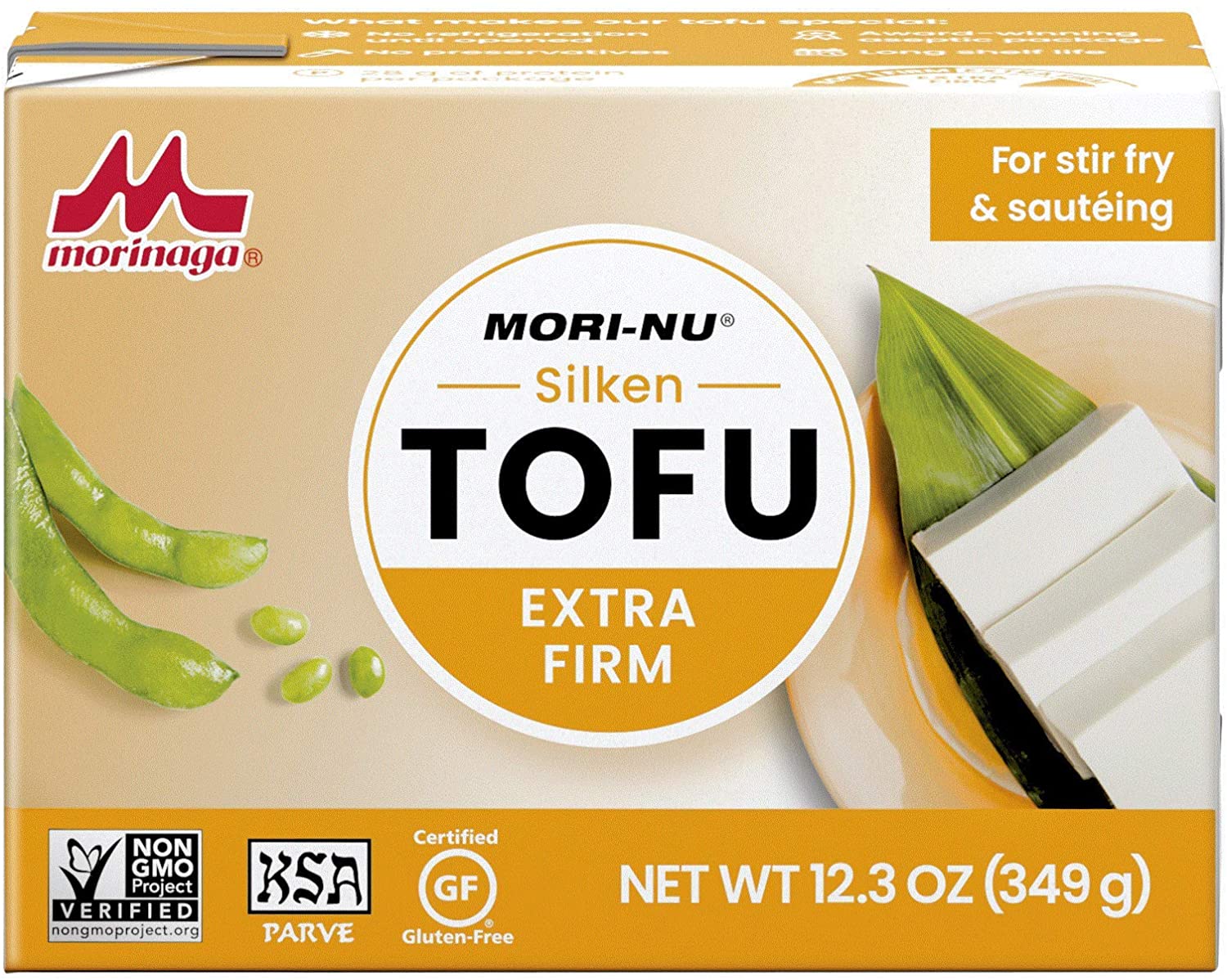
Another way to satisfy your vegan diet when you remove butter from the recipe list is to use mashed tofu. Tofu is already a regular item in the vegan circle, and it works well as a substitute for butter in baked goods. It’s also lower in fat and calories compared to butter, making it a healthy alternative. And twice the amount of mashed tofu is needed to replace the butter called for in your recipes.
Nonstick spray
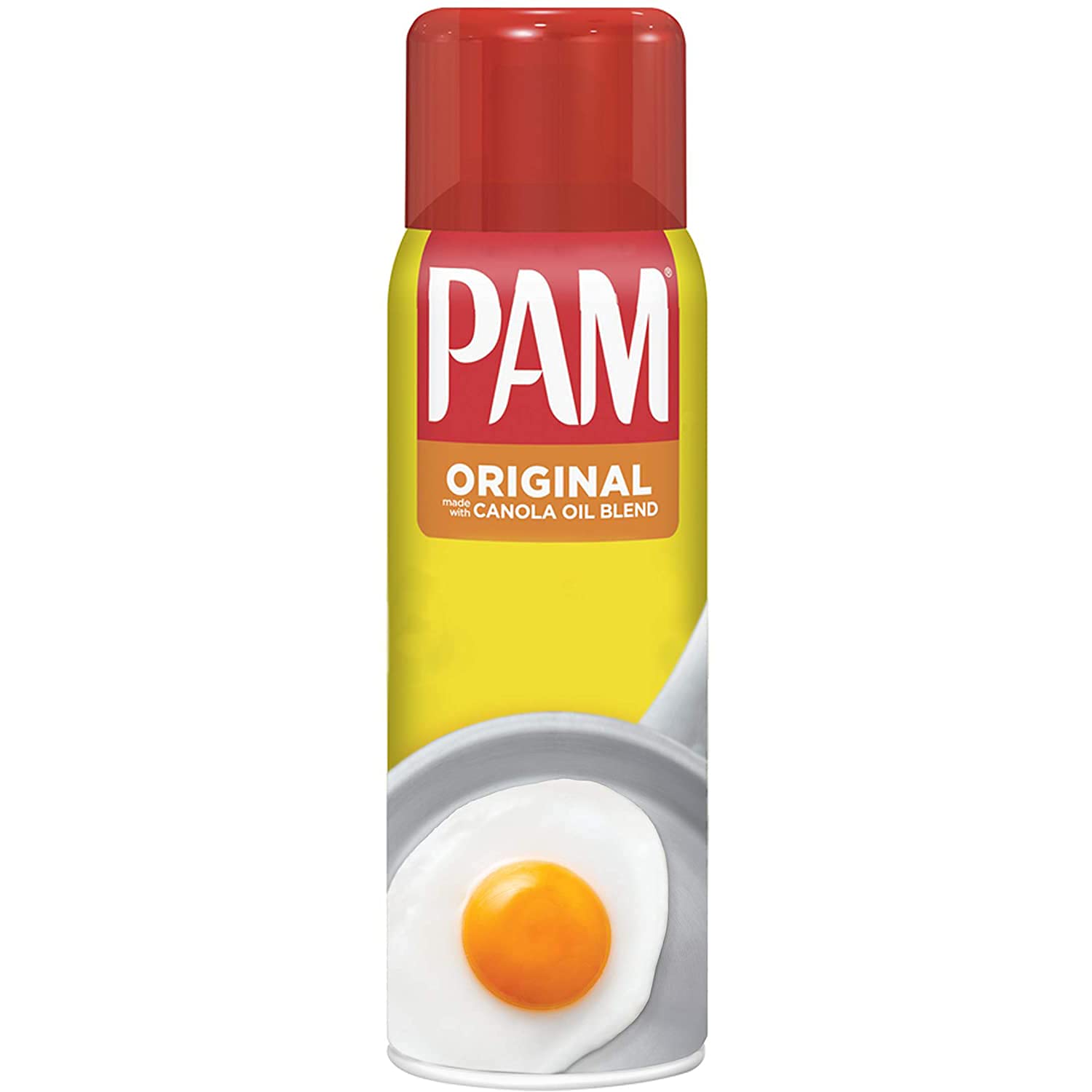
If you’re preparing a fried recipe that calls for butter, cooking spray is your best answer. Though this option may seem rare, you’ll be thankful to have a can sitting in your kitchen in times when you need butter but don’t have any. The about 1/3-second spray of a typical, non-stick spray is enough to replace one tablespoon of butter in a recipe, be it sauté or baking. Cooking sprays are primarily oils, so they’re great for cooking vegetables and stir-fries. And in baked goods, the cooking spray will add moisture and tenderness to the finished goods. Note, though, that when frying with non-stick sprays, you must stick with the suggested quantity. Any more than this measurement will add extra fat to your recipe.
Frequently asked questions (FAQs)
Can I substitute Olive oil for unsalted butter?
Olive oil has a distinct taste, and its liquid state also affects the consistency of dough. These factors make it unfit for most baking recipes. But, it works perfectly as a substitute for unsalted butter in sautés and stir-fries. Olive oil is also a healthy option, and with it, you can influence the taste profile of the recipe just like unsalted butter.
Can you have unsalted butter on toast?
If you don’t care about the saltiness of its regular counterpart, then yes, unsalted butter works on toast. But if you’re already used to regular butter, then you’ll find unsalted butter to taste bland on toast.
Does unsalted butter taste different?
Both unsalted and salted butter has the same flavor profile. The notable difference, however, is the ‘buttery’ taste. The mellow sweetness is more pronounced in unsalted butter.
Conclusion
Running out of unsalted butter doesn’t have to mean the end of your cooking procedure. You can try out any of these alternatives and be sure to get the same delicious and creamy taste. And these options also offer you flexibility and versatility, so your cooking experience is further opened to more exciting possibilities.
